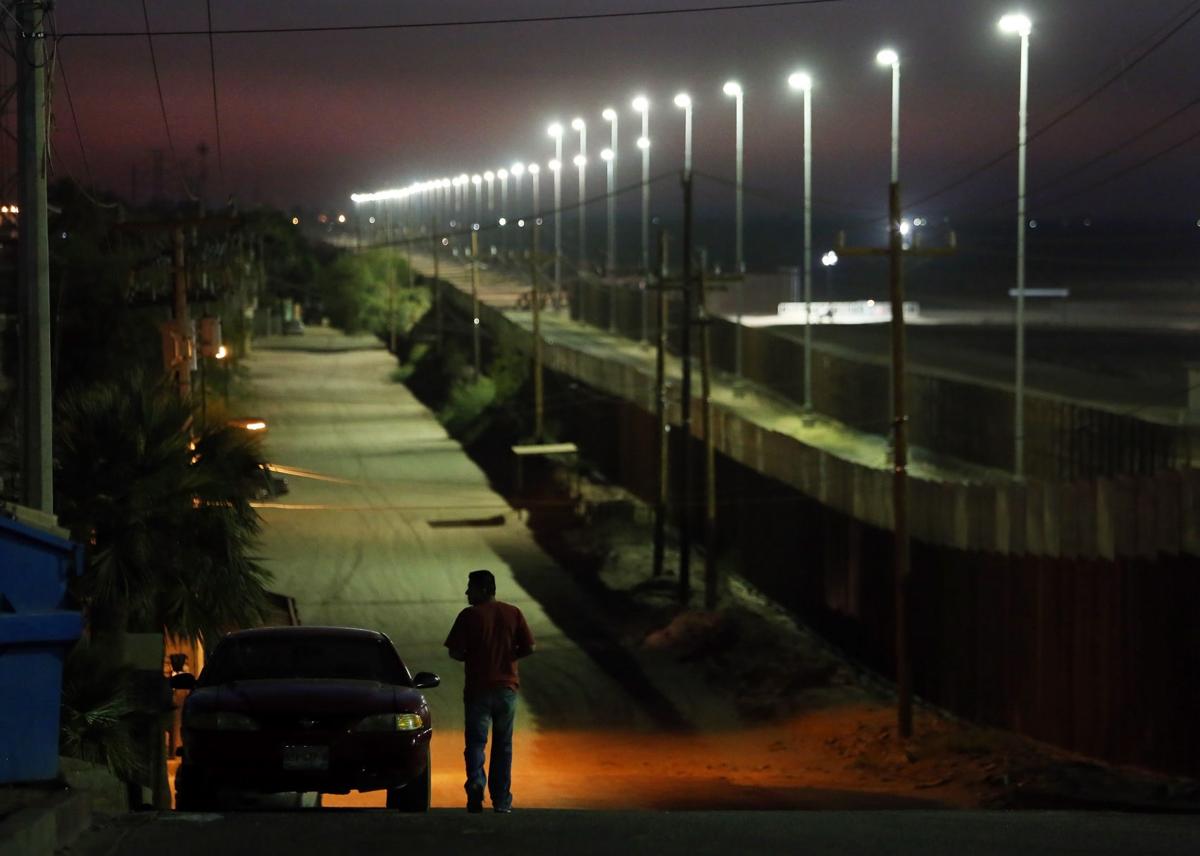WASHINGTON — The Department of Homeland Security confirmed this week that it will waive dozens of environmental, health and other laws to clear the way for construction on about 58 miles of border barriers, including 12 miles of fencing near Yuma.
There is “an acute and immediate need to construct physical barriers and roads in the vicinity of the border of the United States in order to prevent unlawful entries into the United States in the project area,” DHS said in Federal Register notices posted Wednesday.
Those notices said Acting Secretary Kevin K. McAleenan would invoke the department’s authority to waive more than 30 regulations — ranging from the Clean Air Act and Safe Drinking Water Act to the Eagle Protection Act and Endangered Species Act — to pave the way for border wall projects in Arizona and New Mexico.
“In order to ensure the expeditious construction of the barriers and roads in the project area, I have determined that it is necessary that I exercise the authority that is vested in me,” McAleenan said in the notice.
The notices are for 8 miles of wall near Yuma, about 46 near the Columbus Port of Entry in New Mexico, and another 4.1 miles near San Luis.
The move was attacked by lawmakers and environmental activists, who accused the administration of endangering human and wildlife safety to satisfy the “nativist rhetoric” behind President Trump’s “vanity wall.”
“The nativist rhetoric coming out of D.C., coming from the Trump administration, is so detached from reality,” said Laiken Jordahl of the Tucson-based Center for Biological Diversity. “The public lands and the natural beauty that we have along the border are truly is a national treasure … that really bring a lot of inspiration and joy to people who visit these areas.”
The DHS notice said that there were more than 57,000 immigrants apprehended last year in the Yuma and El Paso sectors of the border where the proposed construction would take place. It also said officers seized more than 23,100 pounds of marijuana, 1,900 pounds of methamphetamine, 420 pounds of cocaine and 142 pounds of heroin there last year.
The projects call for replacing existing vehicle and pedestrian barriers with new 18- to 30-foot-high sections of border wall that “will further Border Patrol’s ability to deter and prevent illegal crossings,” the notices said.
Waiving the regulations will speed the project, but at a cost to the border region’s rich biodiversity, something people don’t always comprehend, said Jordahl.
“So often the borderlands are portrayed as this barren desert when in reality the lands are teeming with life,” he said, adding that “93 species would be threatened by the border wall.”
Wildlife is not the only thing that would be harmed, said U.S. Rep. Raúl Grijalva, D-Tucson. He said the decision to waive environmental protections would also harm people living on or near the border.
“The Trump Administration consistently stoops to new lows when it comes to building the President’s vanity wall — even if it endangers the public health of our communities and the environment we call home,” Grijalva said in a statement released by his office Wednesday.
Jordahl said people living far from the border cannot understand the damage that will be done to wildlife, habitats and ecosystems with the wall’s exacavation and construction.





